|
In general, where the earth and qi are in conflict, in the repair and construction of walls or in the building of houses, the family will have the disaster or calamity and one should accordingly exorcise these. 1. In the first lunar month the earth and qi clash at the aspect DingWei. 2. In the second month it is in the trigram Kun. 3. In the third month it is in RenHai. 4. In the fourth month it is in XinXu. 5. In the fifth month it is in the trigram Qian. 6. In the sixth month it is in YinJia. 7. In the seventh month it is in GuiChou. 8. In the eighth month it is in the trigram Gen. 9. In the ninth month it is in BingSi. 10. In the tenth month it is in ChenYi. 11. In the eleventh month it is in the trigram Xun. 12. In the twelfth month it is in ShenGeng. Of the above there is nothing which is not essential detail. However, on close scrutiny, there is of necessity disaster and misfortune. Heavenly Gate heads Yang, of the above there is nothing which is not essential detail. However, on close scrutiny, there is of necessity disaster and misfortune. (Make repairs on the Ding and Ren days of the fifth lunar month auspicious. North direction use RenZi, DingSi day). The Vermilion Sparrow or the dragon's head in Hai is the seat of the father’s fate. Violating this harms those in that seat of destiny. (Make repairs on the Ding and Ren days of the third lunar month). Ren brings great misfortune to the fate of the mother. To violate it will damage those in the seat of this destiny and there will be rapid disaster and quarrels. (Repairing in Si is the same as in Hai). The Dragon's right hand in Zi brings death and mourning. It is the seat of fate of the eldest son and his wife. Violating it harms those in this eat of destiny with the loss of the soul, injuries to the eyes, floods and quarrels. (Repairing in Si is the same as in Ren.) GouChen in Gui brings crime and punishment. It is the seat of fate of the second son and his wife. Violating it harms those in this seat of destiny with the disaster of quarrels and litigation. (Repairing in Si is the same as in Ren.) GouChen in Gui brings crime and punishment. It is the seat of fate of the second son and his wife. Violating it harms those in this seat of destiny with the disaster of quarrels and litigation. (Make repairs on the Ding and Ren days of the seventh lunar month. This s also for the Surname Yu in all the palaces in the third month. If the third month is unsuitable, the auspicious days are in the seventh lunar month.) Chou brings punishment of the official. It is the seat of fate of the youngest son and his wife. Violating it causes the disasters of monsters, theft, fire ie abnormalities. (Repairing in Si is the same as in Gui) For a site in the Ghost Gate it is auspicious to obstruct qi so that the site is empty, lacking, barren, and desolate. Violating this incurs the disasters of hemiplegia, sexual disease and swelling. (It is auspicious to make repairs on the day Jia and Si in the eighth lunar month. For the eastern aspect, one should not utilize the days, JiaZi and JiSi.) The Dark Warrior or the dragon's back in Yin brings the punishment of heaven. It is the seat of fate of all the sons of concubines and their wives and the eldest daughter. Violating it incurs the disasters of harm in pregnancy, imprisonment, and suffering from theft and loss. (Make repairs on the days of Jia and Si in the sixth lunar month. The Surname Jiao is inauspicious in the sixth month but auspicious in the eleventh month.) Jia brings the punishment of the site. It is the seat of fate of the second daughter and the grandsons. Violating it harms those in this seat of destiny with disasters for the elders of the family of illness, various injuries and fractures to the head and neck. (The repair is the same as for Yin.) The dragon's right flank in Mao brings punishment and imprisonment. It is the seat of fate of the youngest daughter and the grandchildren. Violating it harms those in this seat of destiny with fire, a surfeit of qi, punishing injury, and the loss of the soul. (The repair is the same as for Yin.) The Flying Snake in yin brings litigation. It is the seat of fate of the guest. Violating it harms those in this seat destiny with demons, death and quarrels. (Repairing on the Si days of the loth month is auspicious. This is only appropriate for dwellings which are low and small. They should not be storied.) The dragon's right foot or the White Tiger in Chen presides over litigation. It is the seat of fate of the servants and the 6 domestic animals. Violating it brings the disasters of terrifying injuries, lameness and convulsion. It also presides over fear. (The repair is the same as for Yi.) The Gate of Wind should have gaps levelled. It is also called the head of good fortune. The back faces two flourishing sites. The Five Surnames and the eight sites should not be high, robust nor obstructed. This is also the extremity of yang and the beginning of yin. (It is auspicious to make repairs on the days of Bing and Xin in the eleventh lunar month. The southern area does not utilize the days of Bing in relation to XinSi.) Si is the dwelling of the Heavenly Benefice. It is also has the name of the extremity of the site. The Classic says, 'In desiring to obtain a government administrative area, the extremity of the site should be robust and solid'. Repair and alteration are auspicious. (Only a great amount of good is the functional achievement of repairs made on [the days of] Bing and Xin of the ninth lunar month.) The site of the MingTang or the Gate of Good Fortune and Peace in Bing is for the housing of oxen and grain. The Classic says, 'by controlling the MingTang one adds to official position and increases salary. There will be great auspiciousness and the whole family will enjoy incomparable happiness. (Repair is the same as for JiSi.) The dragon's left foot in Wu is the land of auspiciousness and abundance. The Classic says, 'By controlling what is auspicious and abundant, servants will be disciplined and the 6 domestic animals will be of good quality.' It should be level and solid and should avoid the height of the Turtle's Head Hall. (The repair is the same as for Si.) For the Heavenly Granary in Ding the Classic says, 'If wealth is lost, control the Heavenly Granary.' It is fitting that the granaries and warehouses be full and the six domestic animals be strong. It is auspicious to make them lofty. (There is much functional gain and great auspiciousness in making re-pairs on the days of Bing and Xin in the first lunar month.) The Heavenly Mansion in Wei is of tall towers and large residences. There will be a great increase in oxen, sheep and servants dwelling here. Granaries and sheds are also advantageous. (Repair is the same as for Ding.) The Gate of Man is the dragon's intestines and here one should install stables for horses and oxen. If one desires expansion build up its thickness. It is also called The Sack of Good Fortune. It is greatly auspicious if it is storied and solid. (Repair on the days of Yi and Geng in the second lunar month.) The Jade Hall in Shen is where one establishes the dwellings of oxen & horses. It is auspicious to expand it so that government affairs precious cowries, gold and jade will flourish. The Classic says, 'By controlling the Jade Hall wealth and monies will be extended and the six domestic animals will be fat and strong.' A site in Geng is the Gate of Peace and Virtue. It is very auspicious to establish sheds for carriages and carts, chicken roosts and grind stones. It is auspicious that one should expand and connect these so that (the site) is robust, broad, & clean. (Repair is the same as for Shen.) The Great Benefice or the dragon's left flank in you is auspicious for the sojourn of guests. The Classic says, 'By controlling the Great Benefice there will be good fortune, noble position, and riches and wealth in tens of thou-sands'. It is also called the Benefice of the Site. It is appropriate as the dwelling of the master. (Repair is the same as for Shen.) The Golden Box or Heavenly Well in Xin is for the establishment of gates tall towers and large buildings. The Classic says, 'By controlling the Golden Box there is great wealth and noble rank. It is auspicious for wealth and general affairs.' (Fourth month YiGeng day, huge auspicious) The Earthly Mansion is the Azure Dragon's left hand. It governs the Three Principals. It is auspicious if the descendants continually purify and clean it. The Classic says, 'If the Azure Dragon is robust and tall there will be good fortune, noble position, heroism, and outstanding talent.' At the position of the outer trigram Xun, one should make gardens, pools, and bamboo mats. If there are dwellings, they should be level and sparse. The position from the outer Heavenly Benefice to the Jade Hall should be expanded and worked on so that it will be robust and strong. This is greatly auspicious. The Classic says, 'If lucky and beneficial aspects are continually expanded then the descendants will receive glory and happiness. However, there should not be tall towers or closely set buildings. The position from the outer Heavenly Granary to the Heavenly Mansion lot averse to high and imposing towers and numerous houses. Establish gates, granaries and storehouses, sheds for oxen and housing for servants and carriages are equally of great auspiciousness. (It is auspicious to gradually expand the southern aspect.) The position beyond the Dragon's stomach is the same as the Inner courtyard. It is for establishing yards for oxen and horses. It is also called e Sack of Good Fortune. It is auspicious that it be wide, thick, and solid. It is auspicious to establish stables for horses in the outer trigram Kun is also greatly auspicious as a suitable place for heavy stationery objects id high towers. In the courtyard of the outer Jade Hall it is auspicious that one should create a hall of worship and courtyards for the sons, grandchildren and the Ring, and the guest hall will receive nobles of the first rank as guests. If it robust, high and gradually expanded until there are great trees, many houses and buildings, then it will attract jade and precious silks. It governs happiness of the seal and sash (i.e. official position). At the position of the site of the outer Great Benefice, it is auspicious at one should expand and constantly tend the earth to bring about a fresh cleanliness. It is auspicious for activities such as playing music and drink-g parties. It is suitable fora courtyard (here) to produce sons, grandsons, wives and daughters of noble rank so that wealth will increase and reputation for good fortune, rank and virtue will spread far and wide. At the two positions of the outer Golden Box and the Azure Dragon sliding storehouses and granaries is auspicious. If there are tall towers id grand buildings, then there should be wealth and silks. Those of noble position and outstanding talent will be produced from the descendants ho will intermarry with the Emperor's relatives. If one constantly purifies id cleanses (this area), then there will be lush and dense grasses, forests, flowers and trees. The trigram Qian is the Heavenly Gate which is the extremity of yin and e beginning of yang. It also has the name of turning the back on impoverishment and proceeding towards glory. It is auspicious for the dwellings this position to be linked far and wide and to be robust, high, and broad and lid. The site of good fortune of the Bright Hall (mingtang) in Ren is where one should establish tall towers and large buildings. Constantly purify and cleanse (the site) so that (scholars) may come together here to study the classics and histories. This is also called the palace of the seal and sash. It is appropriate for wealth and salary of an official position. (It is greatly auspicious to repair the same as for Hai.) The dragon's left foot in Zi is auspicious and abundant. It is suitable to establish dwellings for oxen. The Classic says, 'The servants are well disciplined and the six domestic animals are in good condition.' It is auspicious to make it level and solid. The Heavenly Granary in Gui is auspicious if one erects gates and door-ways, guesthouses, bamboo mats and sheds. The Classic says, 'If wealth is lost control the Heavenly Granary.' Place the six domestic animals there and develop and expand it high and wide. (It is auspicious to make repairs on the days of Ding and Ren in the 7th lunar month.) If the Heavenly Mansion in Chou is of tall towers and grand buildings, there will be a great increase in the oxen, sheep or servants dwelling here. It is equally auspicious for granaries and sheds. (Repair is the same as for Gui.) If the dragon's stomach or the Sack of Good Fortune is in the trigram Gen which is the Ghost Gate, it is then doubly auspicious if it is thick and solid. If it is lacking and sparse, then there will be impoverishment. (It is auspicious to make repairs on the days of Jia and Si in the 8th lunar month. The eastern aspect should not be utilized the days of Jia and Si.) When the Jade Hall is in yin, it is appropriate to establish sheds for carriages and oxen. (Such a site) governs affairs related to precious cowries, gold and jade and should be expanded. The Classic says, 'By controlling the Jade Hall there is great auspiciousness from the unexpected arrival of wealth and monies and the 6 domestic animals will be fat and strong.' (It is auspicious to make repairs on the days of Jia and Si in the 6th lunar month.) When the site is the Gate of Peace and Virtue in Jia, it is appropriate to establish grindstones. It is auspicious for (this site) to be developed, expounded and connected, with a robust appearance. To clean and purify it brings disaster and self-destruction. (Repair is the same as for Si and Yin.) The Great Benefice or the dragon's flank in Mao is suitable for guest houses. The Classic says, 'By controlling the Great Benefice there will be good fortune, noble position and untold riches and wealth.' This is also called the Lord of Siting. By controlling it one may expect fame from virtue. When the Golden Box or Heavenly Well is in Yi one should establish tall towers and grand buildings. It will particularly augment celebrations to constantly make it pure and clean and to diligently repair the daub. (Repair in the south on (the days of) Mao and Si in the tenth lunar month.) When Earthly Mansion or the dragon's left hand is in Chen, the Three Principals are fitting for the descendants. It should purified and cleansed. The Classic says, 'If the Azure Dragon is robust and tall then there will be good fortune, noble rank, heroism and outstanding talent.' (Repair is the same as for Si.) The trigram Xun is the wind. It should be even and solid. It should not be obstructed. It is also called the extremity of yang and the beginning of yin, which turns its back on glory and proceeds towards impoverishment. It is greatly auspicious if one makes it empty and deficient. (It is auspicious to make repairs on the days of Bing and Xin in the eleventh lunar month. It is auspicious that the south is not utilised on the day of BingZi.) When the Vermilion Sparrow or the dragon's head is in si, it is the seat of the fate of the father. One should not establish a well. Violation harms those in this seat of destiny with quarrels, sudden calamity, the spitting of blood, madness, and snakes and beasts causing havoc. (With Si in the west it is auspicious to make repairs on the days of Bing and Xin in ninth lunar month. One should shun land in both the branch Wu and the tone Zhi. (This site) is auspicious in the first, third and fourth months.) Bing is greatly calamitous to the fate of the mother. One should not establish a gate there. Violating this harms those in this seat of destiny with sudden calamity and quarrels. (Repair is the same as for Si.) Wu is for death and mourning. It is the seat of fate of the eldest son and his wife. Violating it harms those in this seat of destiny with the loss of soul, injuries to the eyes, pain in the heart, conflagration, quarrels, and convulsion in the dragon's right hand. (Repair is the same as for Si.) The constellation Gouchen in ding is of punishment and imprisonment. It is the seat of fate of the second son and his wife. Violating it harms those in this seat of destiny with disasters such as quarrels, litigations, and ulcers. (The west is utilized on the days of Wu and it is auspicious to make re-pairs on the days of Bing and Xin in the 1st lunar month. Land in the branch Wei is auspicious for the Five Surnames.) Wei is for the prison of the prefecture. It is the seat of fate of the young-est son and his wife. Violating it harms those in this seat of destiny with monsters, fire, ulcers, thunder, robbery, warfare and the flow of blood. There will be injury and death to the six domestic animals, and the family will be destroyed and scattered. (Repair is the same as for ding.) The trigram Kun is the Gate of Man. It is the seat of fate of women and one should not establish horse stables here. Violating this brings the withering of personal relations, sexual disease and swelling. It is auspicious if the land nearby is uncultivated, deficient, low and meagre. (Repair on the days of Yi and Geng in the second lunar month.) If the Heavenly Punishment or the dragon's back is in Shen, it is the seat of fate of the sons of concubines, their wives and the eldest daughter. If one violates it then there is loss of the soul, sickness in the ribs, punishment, injury, imprisonment, a surfeit of qi and fiery demons. (When Shen is in the north it is auspicious to make repairs (on the days of) Yi and Geng in the twelfth month up until the trigram you. The Surname Shang is inauspicious in the twelfth month and auspicious in the fourth month.) The site of punishment is Geng. It is the seat of fate of the second daughter and the eldest grandson. One should not establish gates here. Violating it harms those in this seat of destiny with sickness to the right ribs, quarrels, injuries and disfigurement, emaciation and decline. (The repair is the same as for Jia.) The dragon's right flank in you is punishment and imprisonment. It is the seat of fate of the youngest daughter and the grandchildren. Violating it harms those in this seat of destiny with loss of the soul, punishment and imprisonment, a surfeit of qi (anger) and fiery monsters. (Repair is the same as for Shen.) The Flying Snake is in Xin is of litigation and imprisonment. It is the gate of the guest. Violating it brings harm to those in this seat of destiny with quarrels, monsters, death and the beginning of disaster.(From you in the north to Xu, repair on the days of Yi and Geng in the fourth month.) The White Tiger or the dragon's right foot in Xu is of imprisonment and litigation. It is the seat of fate of the servants and the six domestic animals. If one violates it, the legs will be afflicted with lameness, personal relations will wither and there will be convulsions. (Repair the same as for Xin. Follow the progression of one circumference of the twenty four paths from Qian to Xu.) If an outer courtyard in Qian is repaired and extended to the main court-yard, it is auspicious to have it strong and solid, with high ridges, mounts and large trees. When land in Qian is extensive, it will extend the longevity of the family elders, and bring boundless glory and official salary to the descendants so that the brilliance is reflected on the clan. If the Heavenly Good Fortune of the extremity of the site is in the outer branch Hai one should establish grand buildings there. Moreover, it is auspicious if it is heavily fortified, deep, distant, dense and thick. If it is connected with the MingTang, the good fortune of the site is robust and solid so that the descendants will be intelligent, have success in the civil examinations, possess the seal and sash, and have great wealth and noble rank. In the outer Heavenly Granary there should be tall towers, rows of buildings, granaries and storehouses. If the buildings housing servants and the six domestic animals are large they will reproduce profusely. It is auspicious for a place that enables riches, silks and the five cereals to be high, clean, developed and expanded. It is fitting that the outer Heavenly Mansion be broad and robust, and there is great auspiciousness if the sons, grandsons, wives and daughters dwell there. This is also called the land of the myriad with the happiness of wealth, nobility, fulfilment and surplus. There will be transfers in official positions. The absolute outer extremity of the dragon's abdomen is the position of the Sack of Good Fortune. It is auspicious if it is tamped solid like a mountain, and is consequently near to large trees and long ridges. It is auspicious not to tire of expansion. If it is lowly and deficient without a dwelling, then there will be impoverishment and lack peace and harmony. The outer Jade Hall is suitable for the sons and their wives. Accordingly there will be wealth, nobility, glory and splendor and the descendants will be prosperous and eminent. If this position is virile and robust then one will soar in government position to that of an YiShen and not be lacking in precious silks, jade and gold. If the site is sunken, deficient, and a desolate wasteland then one will endure poverty and wander in other lands. The outer Site's Benefice is suitable for the study of the art of the Way. One's achievements and skills will be established and fame will be such that people will come from one thousand li in admiration. Furthermore, there will be teachers for successive generations and the descendants living here will be trustworthy and talented and unmatched in righteousness and bravely. The three spirits of the outer Heavenly Benefice, the Golden Box and the Azure Dragon are all equal and should be dense, thick and solid with large houses and tall towers or having guest halls so that nobles and ministers may travel there for feasts when they pass through. For the whole family to have wealth, nobility, outstanding talent and prosperity it must rely on the three spirits so these should be particularly developed and expanded. If they are cold, sparse, desolate, deficient, spoilt or sunken then one will be impoverished. One should tirelessly purify the Azure Dragon. Burn incense and furnish seats to receive and welcome guests. Outstanding men of the Way will naturally come, so to install wells and water courses is highly auspicious. Credit - translated by Michael John Paton
0 Comments
SECONDARY METHOD OF SITE REPAIRING凡修宅次第法
TURTLE HEAD
FOUR KINGLY SPIRITS
12 monthly vital/torpid qi
HuangDi ZhaiJing, as accordance to one SanYuan school, is the fundamental techniques of BaZhai, Eight Mansions. Such postulation may not go well with the current YangGong Old School practitioners, but again, it is based on ONE SanYuan school of thought, just for discussion. There are many western school out there offering Fundamental in FengShui, but how many masters really understand the true art of FengShui including some very rock bottom fundamentals, such as HuangDi ZhaiJing? What is the link between NaYin and BaGua? More importantly, how do you apply such? Theory is one thing, application is the other. It may sounds great in theory, when it is put to application, it may not bring the desire outcome, why? Yet, many have the cheek to offer courses in Fundamental in FengShui, where the fundamental is nowhere to be found in the west. Flying Star FengShui as the foundation of FengShui? Be realistic guys! The first part of the classic has indicated that, 近來學者,多攻五姓八宅、黃道白方,例皆違犯大經,未免災咎, translated by Michael John Paton as, “of recent scholars, there are many who have attacked the Five Surnames and the eight sites of the Yellow (Emperor's) Way, saying their prescriptions and regulations all violate the laws of the great Classic and are unable to escape disaster and defect”. Most likely the Flying Star guys have been around since. The Five Surnames 五姓, as in the definition of this school, referred to the Five Tones, WuYin 五音, of 宫、商、角、徵、羽, Gong, Shang, Jiao, Zhi, Yu, pentatonic musical notes. When these tones are multiplied by the 6 kinds of musical instruments and with its YinYang annotation, the result is a matrix of 60 tonal values. These values are what is probably known as 60 NaYin elements. It is also the very basic unit measurement of Qi, in FengShui. An entire body of knowledge called WuYun LiuQi 五运六气 is dedicated to explain such, go find out HERE! 八宅、黃道白方, as translated as the eight sites of the Yellow (Emperor's) Way is inaccurate. 五姓八宅, is to be read together as the Five Surnames Eight Mansions. This is the true method advocated by this classic. It is also said, 就此五種,其最要者唯有宅法,為真秘術, at this point of 5 "kinds of cultivation", then must have only 宅法, the dwelling method, is truly secret techniques. Such 宅法, the dwelling method is none other than 五姓八宅, the Five Surnames Eight Mansions techniques. The gist of this method arise from the very YiJing rudiment of one begets two, two begets three and three are the mother of the myriad things. So, ultimately the method suggest that you must start to define the one, Xue or the meridian spot, matching its YinYang which is the two and apply these into the third aspect that eventually brings forth changes, as the myriad things. The classic is silence with regard to, “what is this 3rd element”? This missing technique is where the oral transmissions step in. It has to do with how you use your LuoPan, plain application. As for the one, the classics state Siting is at the border of yin and yang, 宅陰陽之界. Many things can be construed as 宅, Siting. The normal translation would have been that a dwelling defines its YinYang, which make sense as the internal of the house is Yin and it’s external as Yang. Therefore, with the enclosure 宅, YinYang is established. Without enclosure 宅, what YinYang are we talking about? In other school, this is also termed establishing your Heaven’s Heart. The classic is dead silence of telling you how to establish the Heaven’s Heart. As for the two, the classics emphasized so much on YinYang. By establishing your heaven’s heart, you are able to discern YinYang. The classics states, 大矣哉,陰陽之理也!經之陰者,生化物情之母也;陽者,生化物情之父也, great indeed is the principle of Yin and Yang. In these classics, the entity Yin is the mother which gives birth to and transforms the actuality of things, and the entity Yang is the father. In other words, your Heaven’s Heart determines where the white dot in the ocean of black is and the black dot in the ocean of white. In other school, this is also termed the Pure Yin and the Pure Yang. Eventually, your YinYang changes place as what eventually Yin may also be Yang and vice versa, that depends very much on where your Heavenly Heart is placed. The classic continues to say, Qian is the leader of the three men, which are the trigrams, Zhen, Kan and Gen. These all belong to a Yang position. (Zhen, which follows Qian's position to the northwest, is YangMing). Kun is the leader of the three women which are the trigrams, Xun, Li, and Dui. These all belong to a Yin position. (The terrestrial branch Xu, which follows in the same direction as the southeast corner of the trigram Xun, is YinMing.), 乾將三男震、坎、艮,悉屬於陽位(即從西北乾位之震為陽明矣);坤將三女,巽、離、兌悉屬陰之位(即從東南巽角順之戌為陰明矣). While reading these, many would had assumed, this is how one splits YinYang. With the BaGua in placed, 八宅, Eight Mansions kick in. Remember that the classics states, 就此五種,其最要者唯有宅法,為真秘術, at this point of 5 "kinds of cultivation", then must have only 宅法, the dwelling method, is truly secret techniques. These 5 "kinds of cultivation" 五種, is referred to as your dwelling, Heaven’s Heart. You practically “plant” your Heaven’s Heart, and it is also dead silent in the classic. Therefore, in 八宅, Eight Mansions, there are 5 kinds of dwelling each with its elemental YinYang correspond to the 8 types of Dwelling (Gua). The classic also states if there is an equal coming and going of Yin and Yang then it is at one with the Heavenly Way and naturally there is an expression of auspiciousness and abundance. 若一陰陽往來,即合天道自然,吉昌之象也. This sort of translation doesn’t seem right. It should be translated as if one YinYang comes and goes, thus combines with Heavenly Way is natural, perpetual auspicious is the image. It means to say, every abode has its YinYang and if it is in equilibrium, it follows the Heavenly Way. So, the art of Dwelling is to arbitrate such. It states, by following the two qi, yin and yang, one can rectify this and the various spirits are slain. Both the Five Surnames and the sexagenary cycle are produced from the two qi, and are arranged in the corners of the four directions. (Thereupon), throughout the whole year in public matters there will be no disaster, 順陰陽二氣為正,此諸神殺及五姓、六十甲子皆從二氣而生,列在方隅,直一年公事,故不為災(凡諸刑殺在刑禍方者,設天德、月德到,亦須避之。Starts from YinYang, 2 Qi comes the BaGua and the 60 JiaZi NaYin, in application. Yet, it silenced in its application. The classics continue to state its way, the twenty four paths accord with the size of a site. The Central Courtyard is divided into four sides, which constitute the twenty four paths. The ten celestial stems, the twelve terrestrial branches and the trigrams Qian, Gen, Kun and Xun together make up the twenty four paths, 二十四路者,隨宅大小,中院分四面,作二十四路。十幹十二支,乾艮坤巽,共為二十四路是也。 Once the dwelling is conformed to the 8 Gua, it progresses to use the 24 mountain plates, assumedly the Earth Plate as for once it is derived from the LiuRen ShiPan, and the rest was silenced. Every 24 mountain plates had its own YinYang and 60 JiaZi NaYin application. Yet many may also confused as to Central Courtyard is divided into four sides, 中院分四面. ZhongYuan 中院 means Central Courtyard, or something else? Why need a “Central Courtyard” if it is not for Qi connections? 五姓八宅, Five Surnames Eight Mansions techniques required Qi connections via its Heaven Heart being the one, YinYang being the two and the 24 mountains application being the three. The classics silence in terms of how to fit the 8 Gua into the 24 mountains. Some school abide to the notion of one Gua governs 3 mountains principle, while another school abide to the notion of NaJia connecting Qi. Walla, there you go, schism within the same school. Hence, ensuring that yang does not solely rule is achieved through yin. (One should put in order the yin aspect of a yang site.) Ensuring that yin does not solely rule is achieved through yang. (As stated above.), 是以陽不獨王,以陰為得(陽宅為宜修陰方);陰不獨王,以陽為得(如上說)。五姓八宅, Five Surnames Eight Mansions required one to identify which part of the dwelling belongs to the Yin and which belongs to the Yang. Knowing such, one will able to deal with the corresponding 八宅, Eight Mansions matching with the Gua of the Dwelling thus avoiding the overly Yang or overly Yin. Does it means matching one’s Life Gua to the House’s Gua? What is being imbalance YinYang, the classics stipulated that if Yin or Yang is entered three times, the site is said to be without soul. If it is four times, it is said to be of soul without spirit, 三度重入陰陽,謂之無魂;四人謂之無魄。 What is meant by Yin or Yang is entered three times and four times? In a BaGua configuration, there are 4 Yin and 4 Yang Gua. If in a case of a Yin house, there are unfortunately 3 to 4 Yin or Yang aspects, it is therefore imbalanced. The overly Yin is called soul without spirit, dull or dormant and overly Yang is called the site is said to be without soul, disharmony. The following verse sealed its place as 若一陰陽往來,即合天道自然,吉昌之象也. If one YinYang comes and goes, thus combines with Heavenly Way is natural, perpetual auspicious is the image. How to define YinYang in the 24 mountains? For a Yang site the dragon's head is located in the terrestrial branch Hai and the tail is located in the terrestrial branch Si. For a Yin site the dragon's head is in Si and the tail is in Hai. 陽宅龍頭在亥,尾在巳;陰宅龍頭在巳,尾在亥. In other words, Hai and Si becomes the boundary of YinYang. Yang rises from Hai to Si and Yin rises from Si to Hai. Does it means clockwise and anti-clockwise or it defines the two halves of the YinYang according to the 24 mountains? It continue to state that in general, there is movement from Xun to Qian, from the terrestrial branch Wu to the terrestrial branch Zi, from Kun to Gen, from the terrestrial branch You to the terrestrial branch Mao, and from Xu to Chen. (The above shift reaches the dwelling place of higher officials and no matter the distance, it is entering yang.) There is (also) a shift from Qian to Xun, from Zi to Wu, from Gen to Kun, from Mao to You, and from then to Xu. (The above shift reaches the higher officials and all have the name of entering yin.) Therefore, a fortunate and beneficial area diligently complies with the Heavenly Way (natural law). 凡從巽向乾、從午向子、從坤向艮、從酉向卯、從戌向辰移(已上移轉及上官所住,不計遠近悉入陽也),從乾向巽、從子向午、從艮向坤、從卯向酉、從辰向戌移(已上移轉及上官悉各入陰),故福德之方,勤依天道。 Paton’s translation is totally off tangent, for instance, 從巽向乾, was translated as from Xun to Qian. It is better translated as passing through Xun facing Qian instead. In other words, it is summarizes that: - Entering Yang means, passing Xun facing Qian, Wu facing Zi, Kun facing Gen, You facing Mao, finally, Xu facing Chen. Entering Yin means, passing Qian facing Xun, Zi facing Wu, Gen facing Kun, Mao facing You, finally, Chen facing Xu. Reaching the higher officials 上移轉及上官, could means one step forward or forward cycle. Therefore there are 5 typical YinYang thresholds or boundaries. If entering Yang equals entering Yin, it complies with the Heavenly way. What is this Heavenly Way? The classics states that the Heavenly Benefice (Yang), the Lunar Benefice (Yin), is the vital qi, ShengQi, come to this position, 天德、月德,生氣到其位, which in other word, a dwelling is able to receive ShengQi through the Qi connections where the Yin is balanced with the Yang and vice versa, as a site which is both Yin and Yang constitutes a dragon. The formula also says, “In inverting a site a level wall can lock out misfortune”. It means to say, one way to alter YinYang is to create partitions to channel and connect Qi. The level wall is already your dragon. So, in general, the incoming influences are not affected by distance, meaning your incoming Qi does not depend on the mountain range outside your dwellings. It can be just a level wall to channel and connect Qi.
Thus, these are the Primary Method of 五姓八宅 Five Surnames Eight Mansions Techniques. P/S: Thanks Uncle Xu for your sharing!
Our write up on HuangDi ZhaiJing has spurred interesting discourse among learned friends from our Facebook and the Forum. Among the very strong advocates of YangGong method, a number of concerns had been discussed and herewith we would like to sum up as the followings: -
Animated Yin-Yang symbol
Comment: The site is the pivot of Yin Yang. What does it means? Clue, the concept is not a line with opposite polarities but a dot as a pivoting point.
Comment: How is this in real life application? What are we measuring? This concept is important because Qi has qualities and strength. This verse introduces the concept of the strength of Qi. How to physically audit the strength of Qi, even before taking out a LouPan to measure direction. Absence of Qi is referring to the strength. It is minimum rather than nothing. There is also no maximum in the sense but a rise to a higher value.
YinYang in FengShui is referring to very specific items, the study of Qi based on CiXiong. Classics: Yang Gong grow old observing CiXiong, all the books in the world are all different. This verse introduce the concept of strength of Qi for different sites. There are sites which receive more Qi and there are sites which receive less Qi. This is about strength and not quality. Quality of Qi is another method of measurement. For a highland dragon, steep site, the Qi goes deeper. For a lowland dragon, flatland, the Qi is shallower. Does that mean for steep site the Qi is stronger? No, the strength is dependent on the length of the dragon. As a result, some fengshui masters interpret it as the mountain ranges going all the way to the Himalayas. Is it referring to the length of the mountain ranges? Dragon is a representation.
Comment: When measuring dragon, what do we measure? Someone commented that mountains normally cover more than 30 degrees, so how is it possible to measure dragon accurately? Another master taught to measure the peak of the mountain. Another person commented that there are no mountains in Singapore.
Where to put the loupan is never in the classics, it is meant to be handed down. Where to place the loupan? Why loupan has different settings, as questioned in another posting? First of all, what are we measuring. The static or the dynamic value. Heaven, Earth and Human. In XKDG, why is the middle plate not in the loupan? Did they make a mistake or we cannot see because we don't know. In SanHe, why the middle plate is sometimes omitted? Did they make a mistake again. Static or dynamic value.
Comment: What are we measuring? Three times enter Yin Yang; what is entering? Is it three Yin or three Yang? Is it one Yin and two Yang? Without understanding the first verse, is it possible to comprehend the rest?
The opening sentence of the Book states: -
Comment: What are we trying to match?
Comment: The verse should be "when analyzing big we look at big, when analyzing small we look at small". We can never get perfect FengShui.
Comment: Yin or Yang house, represented as a dragon. With Yang starting from Hai and Yin starting from Si, introducing the idea of 12 Chang Sheng Qi phase which is measuring the quality of the Qi.
How do you explain the yin house and yang house? Why for a Yang house the head is at Hai? What about the other parts on yin and yang? How do you explain? Interesting. In our understanding, for a Yang house we use a LouPan with Hai as the ChangSheng and Si as the dead Qi. For a Yin house (not a tomb), we use a LouPan with Si as the ChangSheng and Hai as the dead Qi. But before we do all that, we would identify the yin yang based on the house and its relation to the topography. Then we would match the entering yin and entering yang to determine the strength of the Qi. After that we would check the three and four entering yin or entering yang before we go any further into trigrams and 24 mountains. Exactly as written in the book. If the first three steps are as detailed in the book as without soul, it is very difficult to do any FengShui based on whatever school.
Comment: Translated as 5 sittings, but is it referring to sitting or something else? There are 5 different setting, the most important for 'house method', we termed fengshui, which is the real deal. What setting is it referring to? Why only 5? Why is this the mysterious secrets? Sure the mysterious secret not about the 5 Nayin, metal, wood, fire, water, earth. So 5 yang sitting is the mystetious secret. The other 19 is Yin? Real AiXing is taken from “宅” not from facing. “宅” is a dwelling or what? That is what should be researched on, rather than any other topic.
The HuangDi ZhaiJing is attributed to the Yellow emperor and it is a collective writings by various authors notably in a much later dynasty after QingWuZi. The classic stressed upon the important of siting, the only thing that has remained consistent throughout the entire classics. Next, the classics stressed so much on YinYang, subliminally revealing the importance of the Yin to produce the ten thousand things. This classic also has a bibliography of ancient texts, some may not have been available. It is also thought that such is a later insertion to make this classic worth its name. It also highlights that "siting is in the border of yin and yang". This single statement has confused a whole lots of our modern day FengShui masters. Out of the many quotes, "Repeatedly entering yin or entering yang is called the absence of Qi and If there is an equal coming and going of yin and yang then it is at one with the Heavenly Way" remained the most sought after techniques this classic has to offer. On another hand, this is one classic that stressed on the 5 "surnames", the very precursor to bridge our understanding of the NaYin 5 elements. We herewith brought to you part of the classic 黃帝宅經 in accordance to the translation and commentaries by Michael John Paton.
|
Archives
January 2022
Categories
All
|
- Home
- About
-
Practice
-
DYA + C
-
Consultant
-
Educator
- Author I am...
- Speaking Engagement >
- Attempting Law School
- Journey in USM(Arch) >
- Discourse in Studio 6 >
-
d:KON 4
>
- Actors >
-
Acts
>
- Portraiture
- A Slice of Space Time
- Box of Installation of Lights
- Radio Misreading
- Grid of Destinies
- Shelter
- Anatomy of Pain
- Tensigrity of Ego
- Of Prisons and Walls
- Forest of Nails
- Curtain of Fears
- Dissolution of the Ego
- If it's Ain't Broken it's Ain't Worth Mending
- Flight of Freedom
- Cross of Complexity and Contradiction
- interrogation
- Stage >
- Play
- Approach
- Galleria >
- External Critique >
- Philosophy
- Codes Regulations & Standards >
- Photo Essays
- Contact

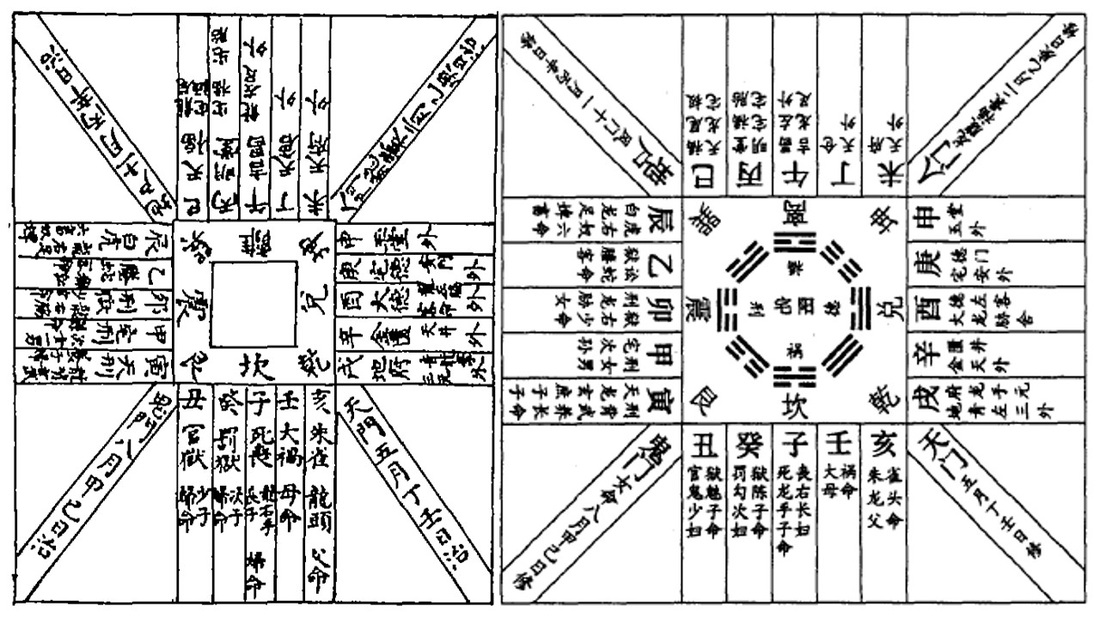
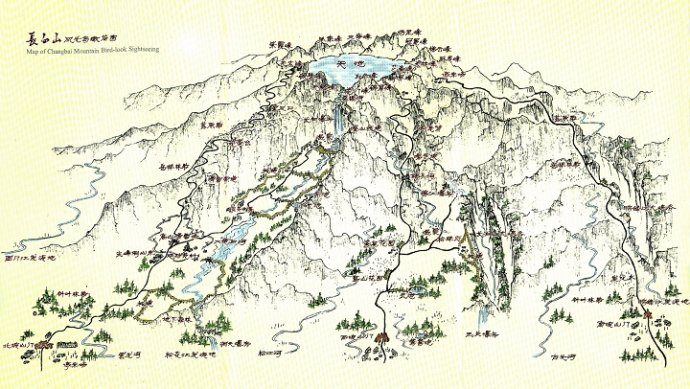
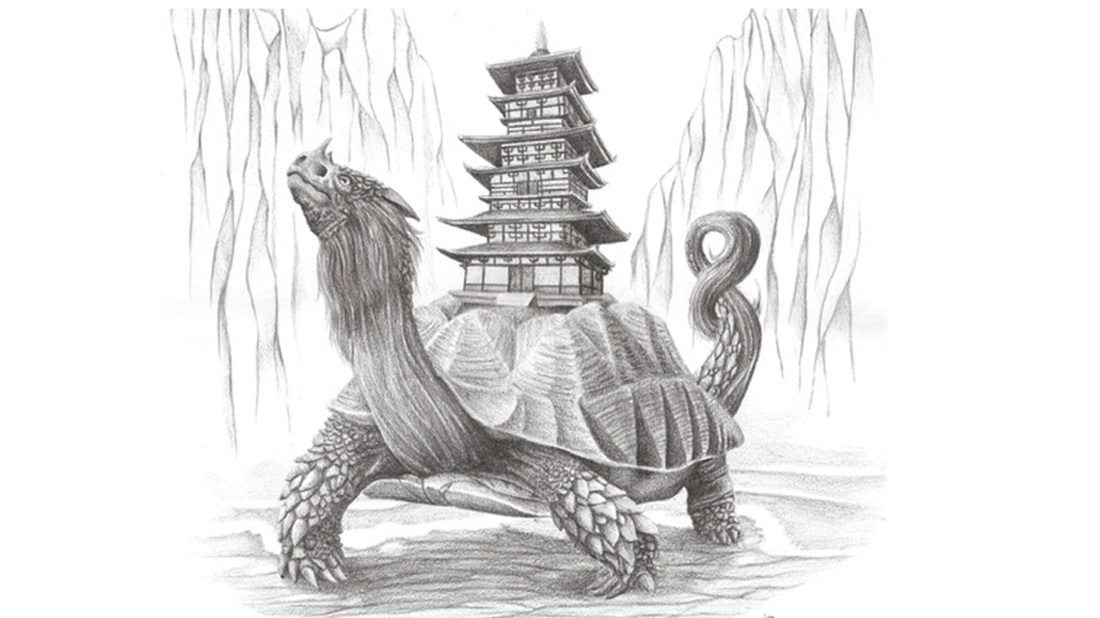
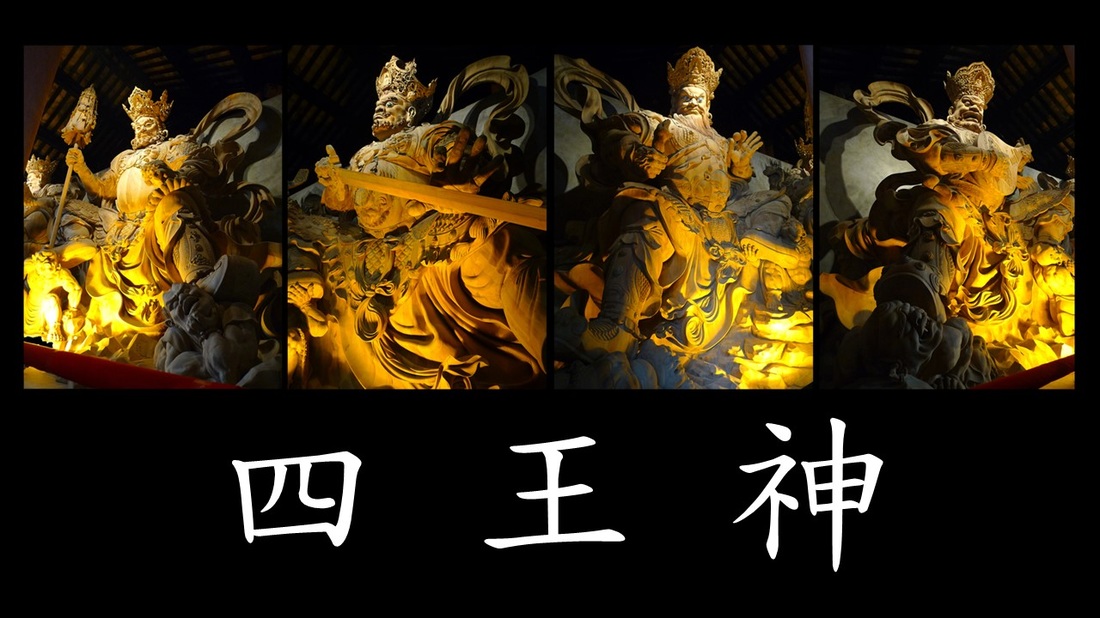
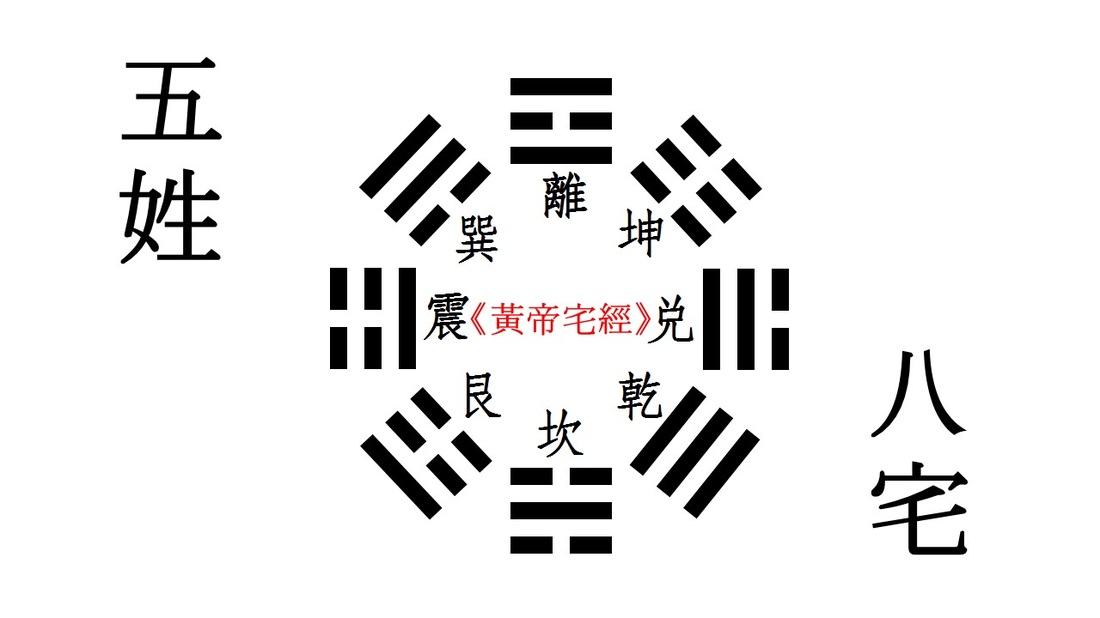
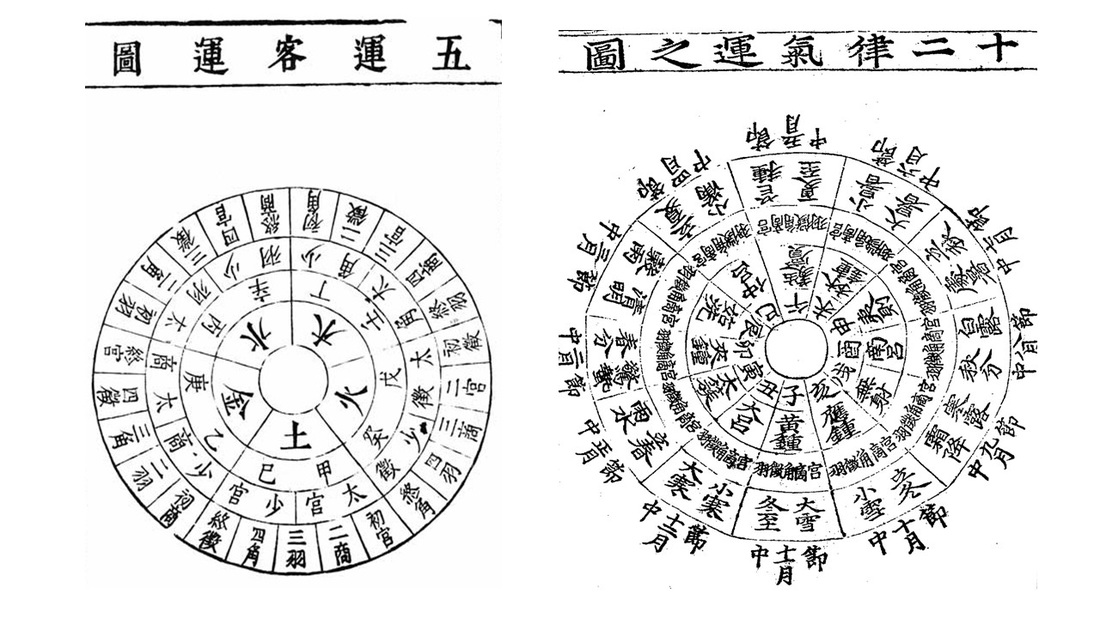
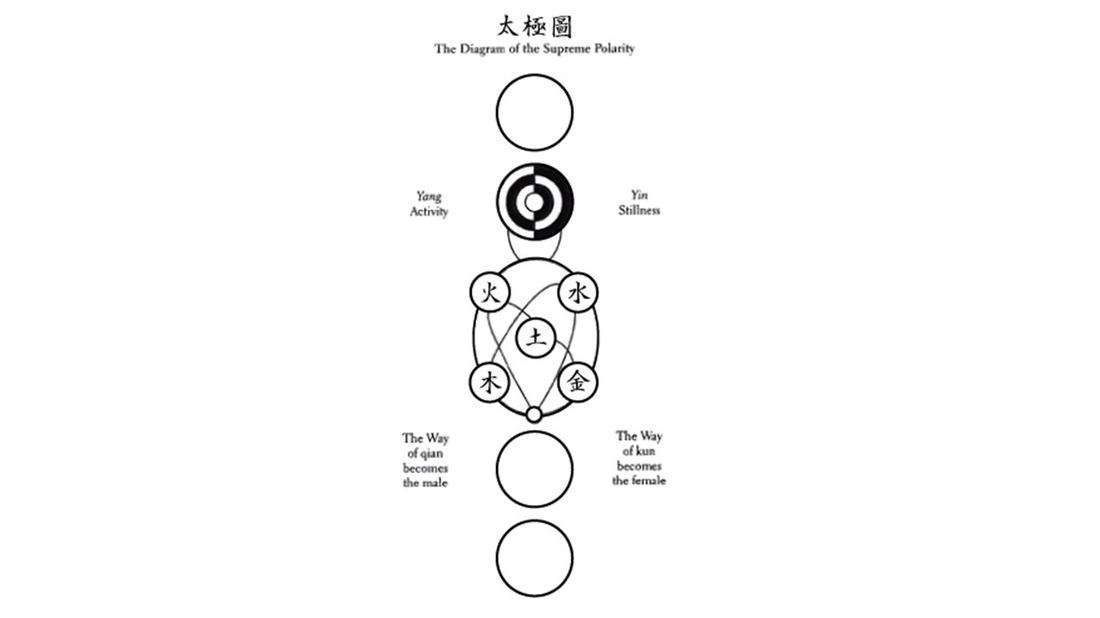
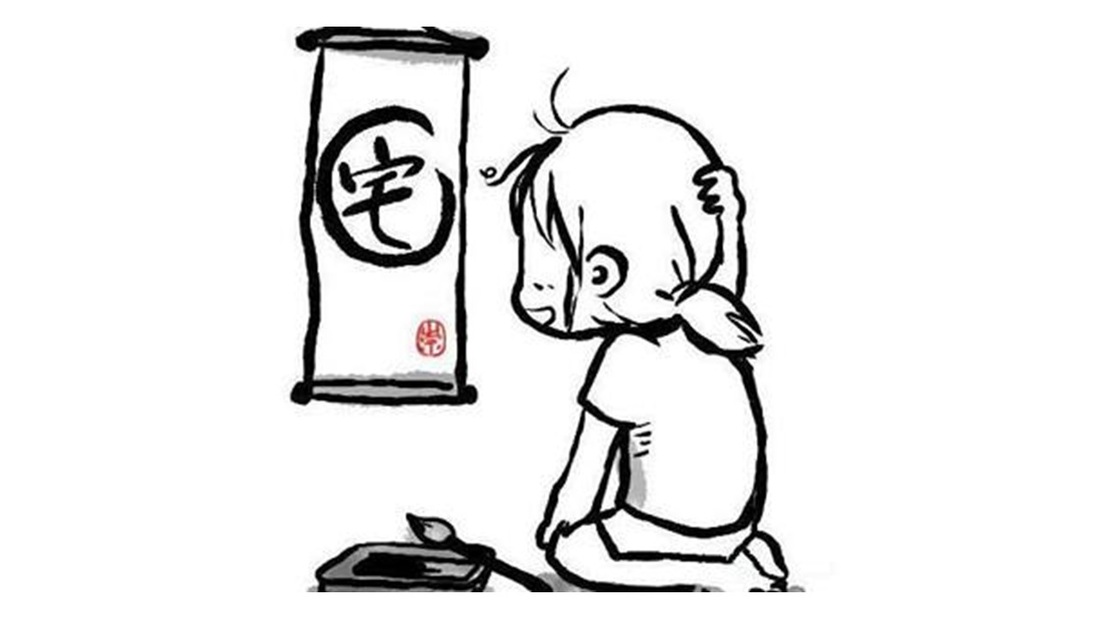
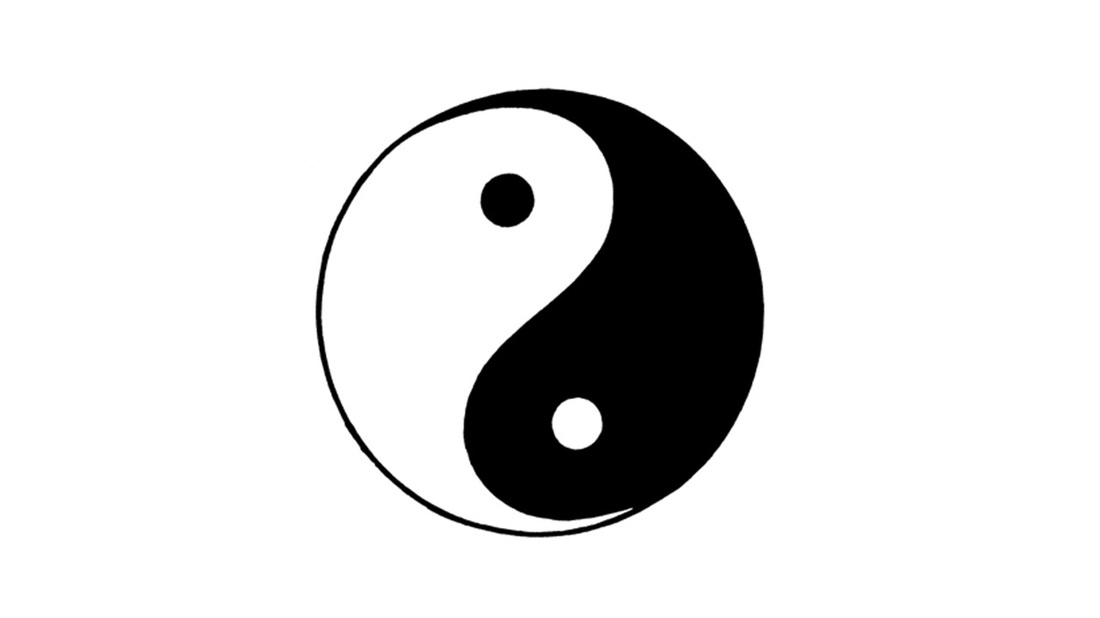

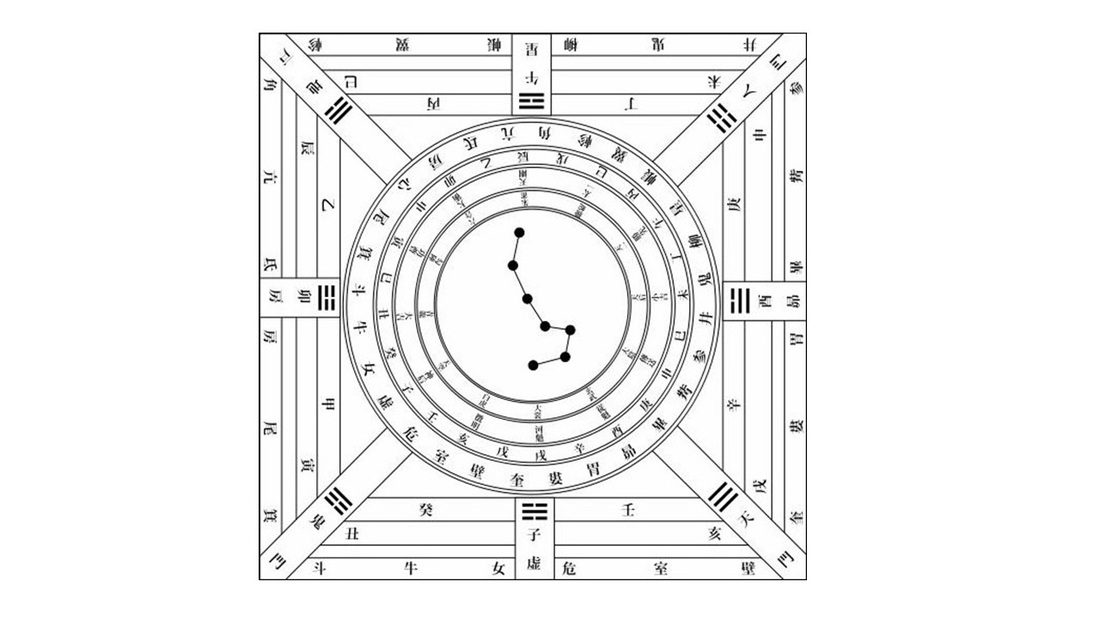
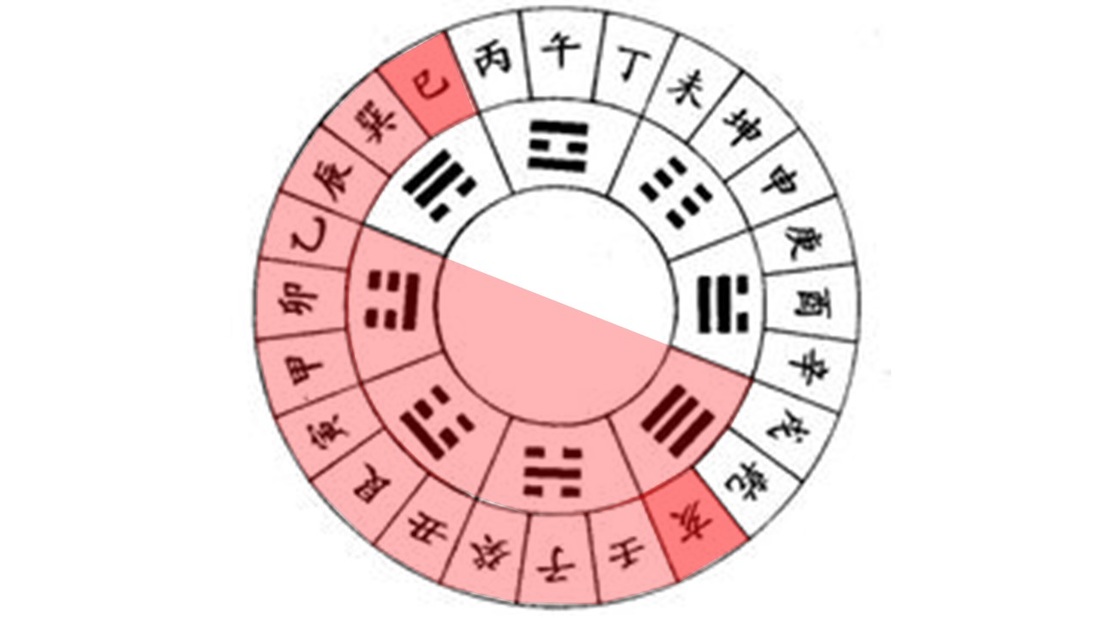
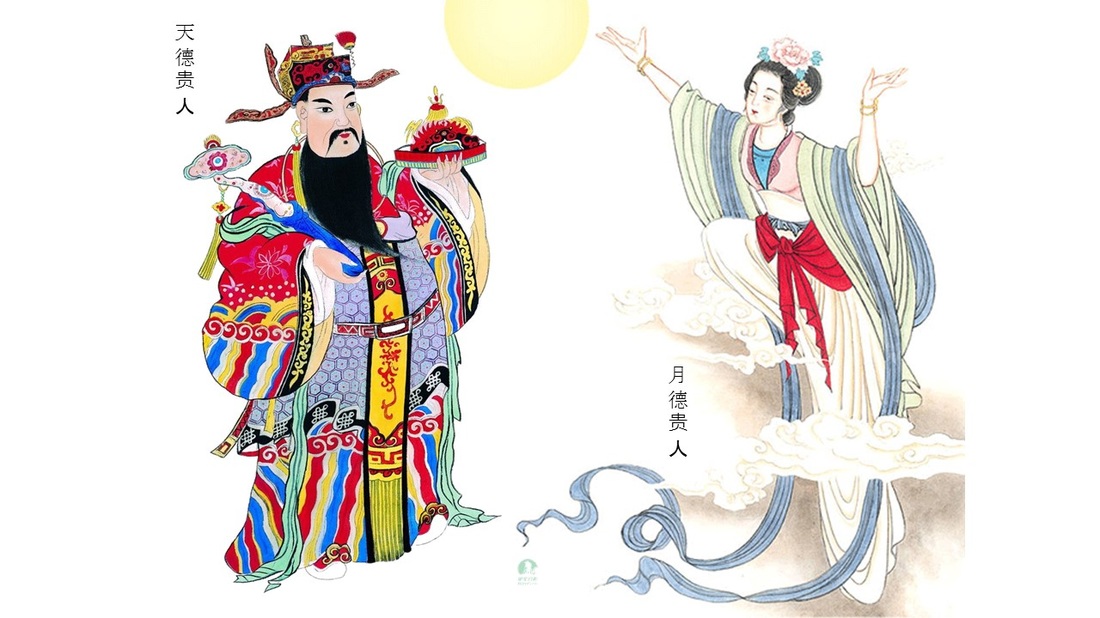
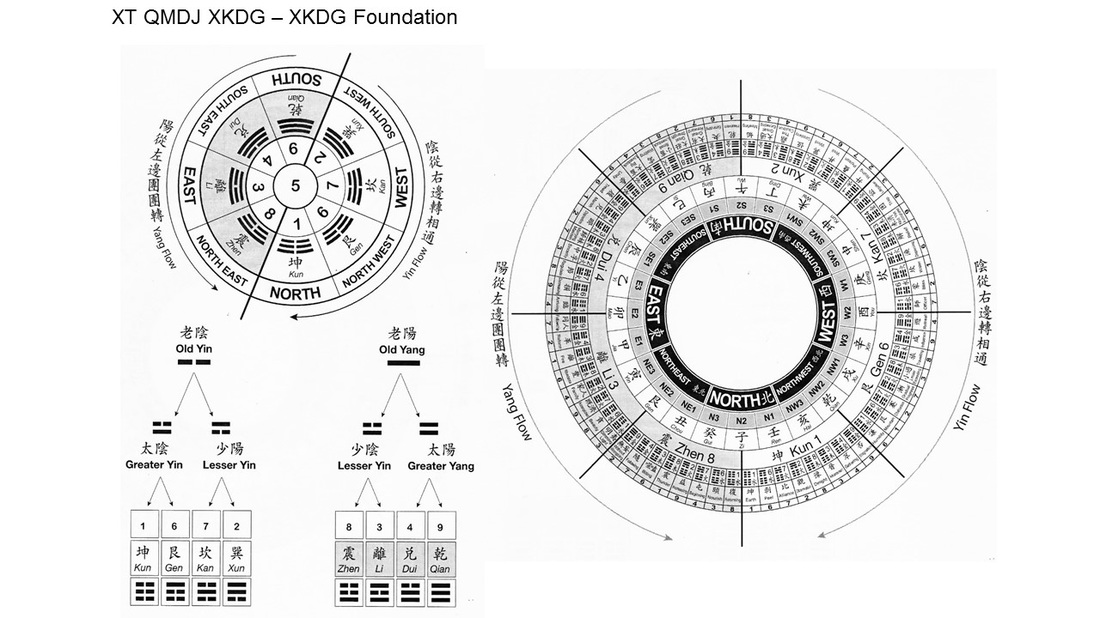
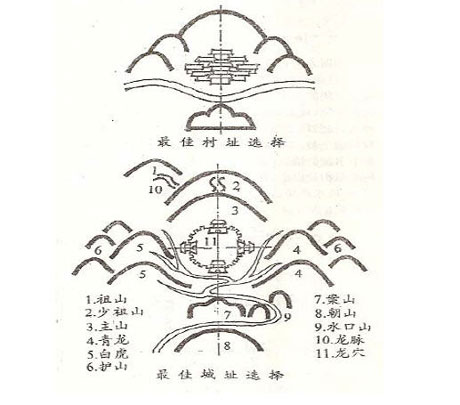

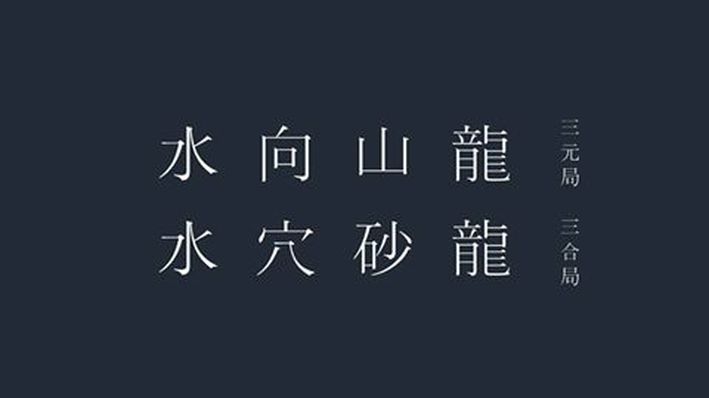

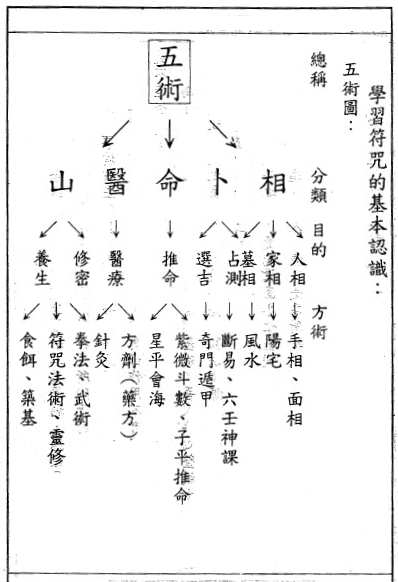


 RSS Feed
RSS Feed
